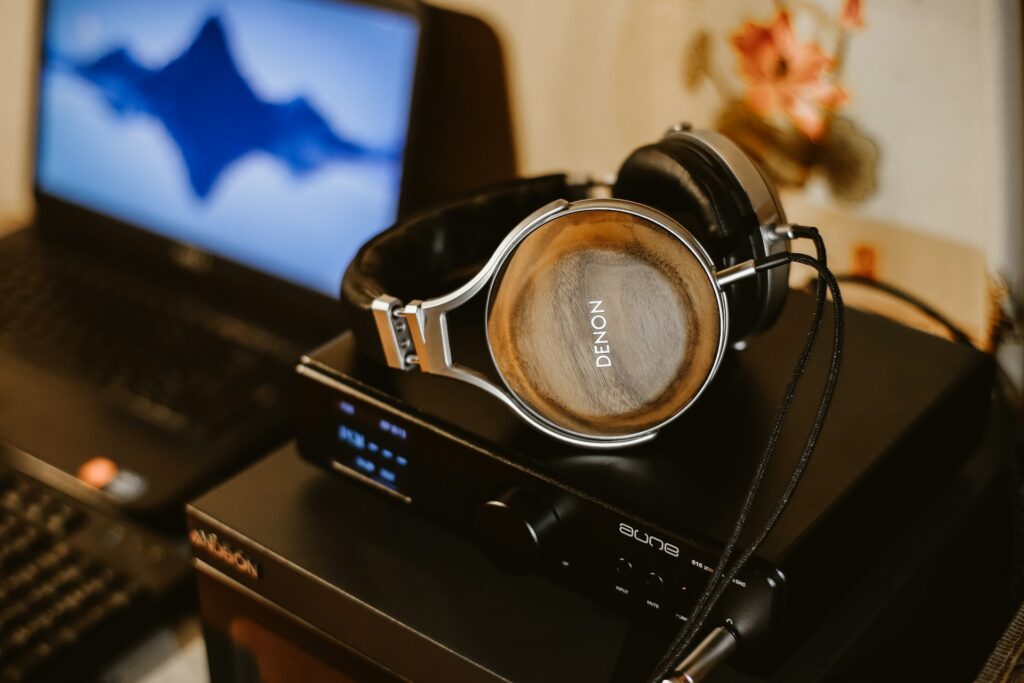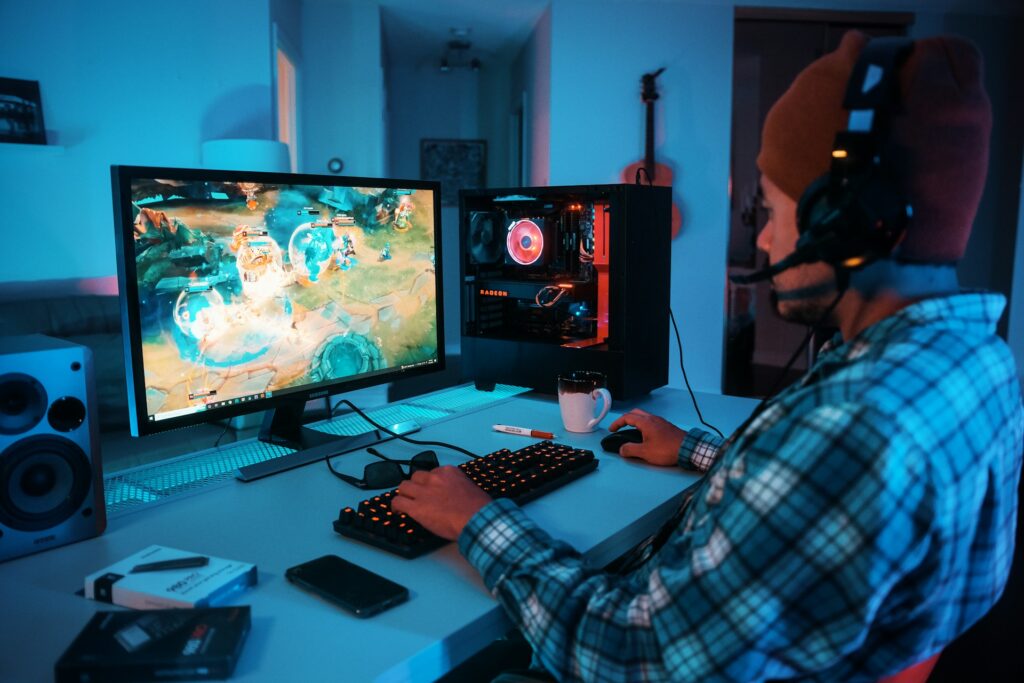People with addictive personalities are more prone to developing compulsive habits, even in everyday life. While this is not a formal diagnosis, the term describes a pattern of traits including impulsivity, high reward-seeking, and difficulty managing stress. These traits make individuals more likely to turn small, seemingly harmless behaviors into obsessions over time. Understanding these behaviors can help with early recognition and healthier coping strategies. Below are eight common behaviors that may evolve into compulsions for people with addictive personalities.
1. Checking Notifications

Constantly checking phone notifications is one of the most common subtle behaviors that can become an obsession. Social media alerts, emails, and text messages provide small bursts of satisfaction, releasing dopamine in the brain. People with addictive personalities may feel compelled to check their devices repeatedly, even in inappropriate situations. Over time, this can lead to distraction, decreased productivity, and anxiety when notifications are missed. Setting specific times to check devices and disabling non-essential alerts can help break this habit.
2. Organizing and Cleaning

Tidying up can start as a productive habit but may escalate into an obsessive behavior. People with addictive personalities may feel compelled to repeatedly clean, reorganize, or straighten their surroundings. While maintaining order can improve focus, overdoing it may interfere with daily life or cause stress when things are not perfect. Mindfulness techniques and scheduled cleaning times can help maintain balance.
3. Planning and Scheduling

Planning is a useful skill, but it can become an obsession when a person feels the need to control every detail of their day. Addictive personalities often find comfort in structure, which can escalate into rigid routines or over-planning. This behavior can limit spontaneity, increase anxiety, and make deviations feel stressful. Balancing structured planning with flexibility allows healthy productivity without obsession.
4. Tracking Health Metrics

Monitoring steps, calories, or sleep is common in modern health culture, but it can become obsessive for some individuals. People with addictive personalities may fixate on hitting targets or optimizing every aspect of their health. This can lead to anxiety, self-criticism, and unhealthy comparisons. Using these tools as guides rather than rigid rules helps maintain a positive relationship with health tracking.
5. Collecting and Cataloging

Collecting items such as books, gadgets, or even digital files can be satisfying, but it can escalate into obsessive behavior. Individuals may feel compelled to acquire more, organize meticulously, or constantly monitor their collection. While collecting can be enjoyable, excessive focus can consume time, energy, and money. Setting limits and prioritizing what truly matters helps prevent obsession.
6. Social Media Engagement

Beyond notifications, frequent posting, liking, or commenting on social media can become an obsession. The reward of attention and interaction can be addictive for people prone to compulsive behavior. Over time, social media engagement may dominate thoughts and time, interfering with offline relationships or responsibilities. Limiting daily usage and setting intentional goals for social interaction reduces risk.
7. Hobby Perfectionism

Hobbies are meant for enjoyment, but they can become a source of obsession for those with addictive personalities. People may push themselves to achieve perfect results, practice excessively, or compare their performance to others. This can turn leisure into stress, and the original pleasure of the hobby diminishes. Focusing on enjoyment rather than perfection helps maintain a healthy balance.
8. Online Browsing or Gaming

Casual online browsing or gaming may seem harmless, but it can escalate into an obsessive habit. The constant availability of content and the instant reward from games, videos, or forums can make it difficult for people with addictive personalities to disengage. Overuse can lead to procrastination, sleep disruption, or social isolation. Establishing time limits and engaging in offline activities can prevent escalation.
Why Small Behaviors Become Obsessions

Even seemingly minor behaviors can trigger the brain’s reward system, which releases dopamine and reinforces repetition. People with addictive personalities are especially sensitive to these rewards and may struggle with impulse control. Repeated engagement with small pleasures can gradually evolve into compulsive patterns. Recognizing early signs, such as anxiety when a habit is interrupted or over-prioritization of the behavior, is key to maintaining balance.
Strategies for Managing Subtle Obsessions

Preventing small habits from becoming obsessive involves awareness and practical strategies:
Set limits: Define boundaries for time, frequency, or scope of the behavior.
Use mindfulness: Observe emotional triggers and practice being present to avoid automatic repetition.
Diversify activities: Introduce alternative hobbies or routines to balance reward-seeking.
Schedule breaks: Intentionally step away from potentially obsessive behaviors to reset habits.
Seek support: Share challenges with friends, family, or professionals for accountability.
Strategies To Moderate

Addictive personalities do not guarantee destructive behavior, but small, everyday habits can evolve into obsessions if left unchecked. Behaviors such as checking notifications, organizing, planning, health tracking, collecting, social media engagement, hobby perfectionism, and casual gaming may start innocently but can spiral over time. Recognizing these tendencies early and using strategies to moderate them allows people to enjoy their interests without losing control. Awareness, balance, and intentional action are essential for preventing minor behaviors from becoming consuming compulsions.
Read More: People Over 50 Stay Youthful and Happy by Ditching These Habits
Disclaimer: This article was created with AI assistance and edited by a human for accuracy and clarity.

